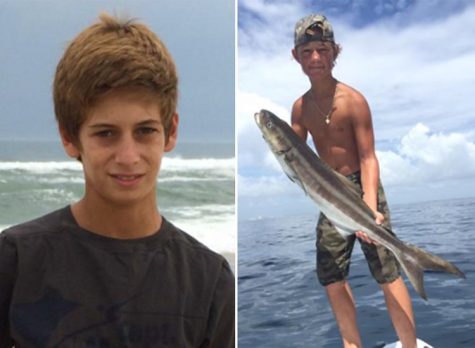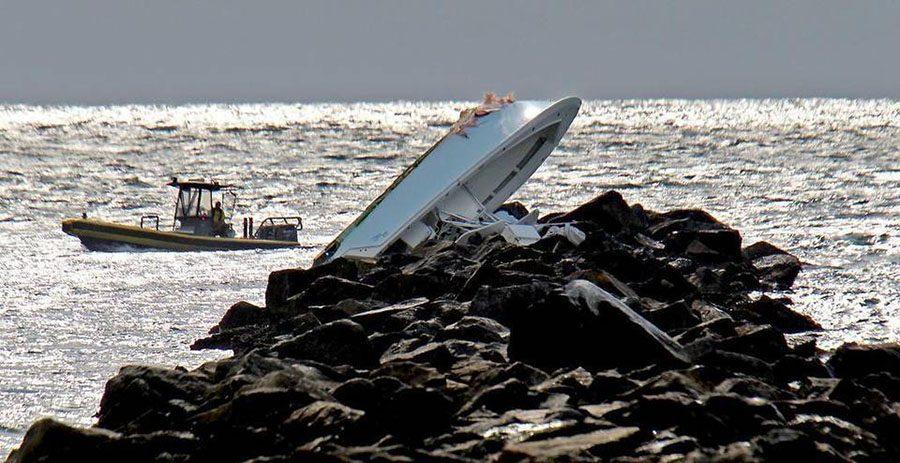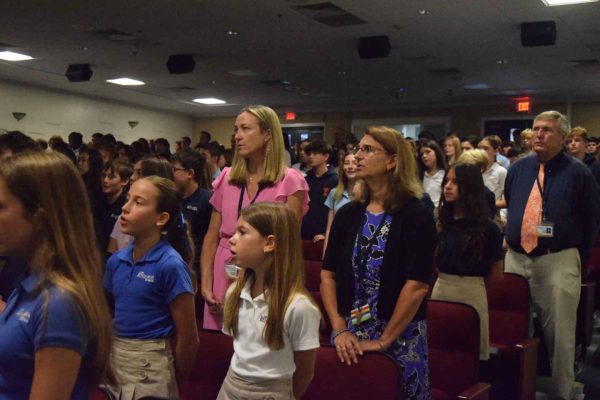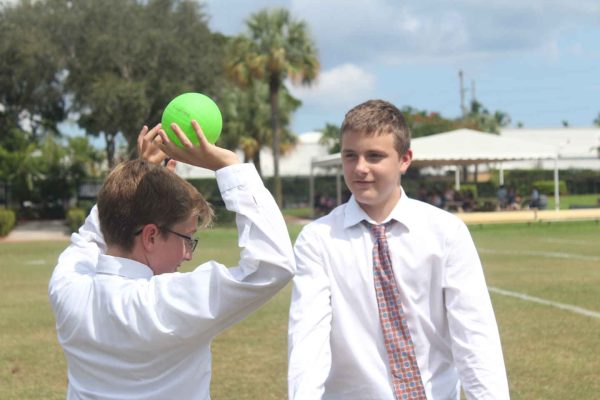What We Can Learn from the Death of José Fernandez
The tragedy surrounding the Marlins pitcher brings boating safety into sharp relief.
Photo courtesy of miamiherald.com
Kaught Stealing, the boat in which José Fernandez was riding, is shown atop the jetty on which it crashed September 25, 2016.
The sports world and the South Florida community was rocked by the recent death of star Miami Marlins pitcher José Fernandez. Only 24-years-old, the right-handed ace was killed when his 32-foot boat hit a Miami Beach jetty, killing him and two of his friends, Eddy Rivero and Emilio Macias. As a fourth-year pro, Fernandez was just beginning to reach his potential. The 2013 National League Rookie of the Year was the Marlins’ number one pitcher and already a two-time All-Star. However, his tragic death, which Miami authorities believe resulted in excessive speeding, has raised concerns about boater safety. Fernandez’ death occurred a little more than a year after the disappearances of Perry Cohen and Austin Stephanos, two 14-year-olds who were last seen on a boat in Jupiter Inlet on July 24, 2015. The boys were alone in the boat on a fishing trip and, although the boat they were on was recovered off the coast of Bermuda in April of this year, their bodies were never found.

Perry Cohen (left) and Austin Stephanos disappeared from Jupiter Inlet last year and were never seen again.
Their story is a cautionary tale for young boaters in the Sunshine State, especially when it comes to students of The Benjamin Middle School because many of their families not only own boats, but let their children drive them.
In a poll conducted by The Neersyde, of the 106 students who responded, 81% of Benjamin students do not have a boating safety education I.D. card, but 58% of Benjamin students have driven a boat. In addition, 41% of students under the age of 13 “sometimes” wear a lifejacket when on a boat despite Florida law mandating that all children under the age of 13 always wear a life jacket. According to the U.S. Coast Guard, of the 428 drowning deaths that occurred in open waters in the United States in 2015, 352 of those individuals were not wearing life jackets.
The state of Florida does not issue a boating license for individuals who wish to operate a motorized boat of 10 horsepower or more or “personal watercrafts” (PWC) such as jet skis. Instead, the state requires individuals to earn a boater safety education identification card via a course one can take online or in person. It is not considered a license because these cards never expire and never need to be renewed – they are valid for life. Although there is no minimum age requirement to take the online course, it is illegal for any individual in Florida under the age of 14 to operate a motorized boat of 10 horsepower or more or any personal water craft, even if that person possesses a Florida boating safety education I.D. card.
Yet while Florida makes boating safety education courses available to anyone who wants to take them, not all boaters are required to take the course. Anyone born prior to January 1, 1988 does not need a boating safety education I.D. card. However, many people decide to earn one in order to lower the cost of their boat or PWC insurance.
Taking the course and earning the card may also make Florida’s waterways safer. According to americanboating.org, 80% of recreational boat operators involved in fatal boating accidents have not taken any type of boater education course.
Some Benjamin students think it is irresponsible to drive a boat without a boating safety education I.D. “I think that is very irresponsible to drive a boat when you don’t have a boater’s license,” said seventh grader Will DiMaio. “I have a boating license myself and it takes a lot of hard work to get one.” However, some students feel safe as long as a responsible adult is around. “If you have an adult or parent supervision, I think it is okay to bend the rules a little bit [when you’re boating],” said fellow seventh grader Joey Palomba.
Either way, it’s sad that such tragedies like the ones that claimed the lives of José Fernandez, Perry Cohen, and Austin Stephanos have to occur for important conversations such as these to take place. Yet, it’s necessary to have such conversations in order to keep people, especially young children and teenagers, in our community safe in the water.










